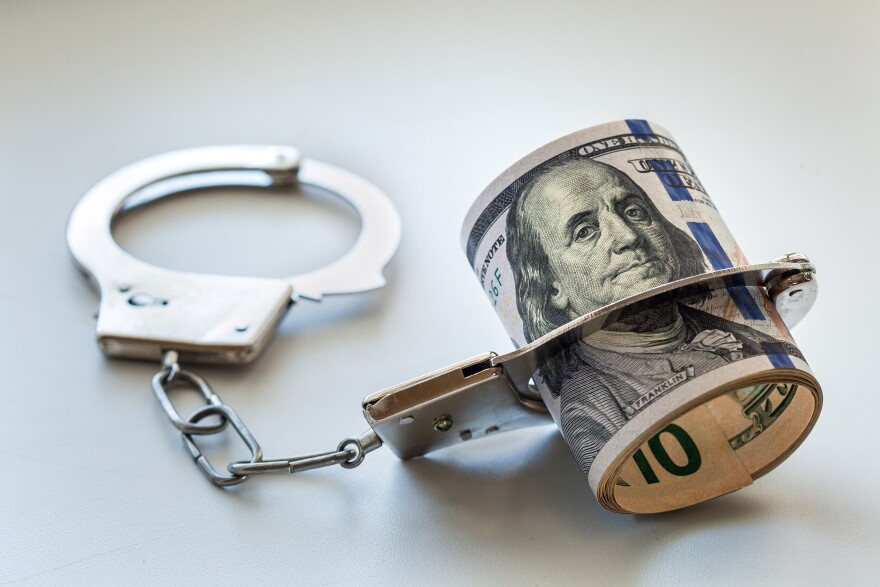A state bill under consideration would give Utahns whose property has been seized by law enforcement more options to reclaim their assets and prove their innocence.
Republican Sen. Daniel Thatcher says the bill raises the bar for civil asset forfeitures in the state. These asset seizures are a legal mechanism used by police officers to take property they believe is related to criminal activity — like drug money.
Using the example of someone who’s had $400 seized during a traffic stop, Thatcher says his legislation would notify that person how to contest the claim without having to retain a lawyer.
“Your first step is you call the prosecutor, and say ‘I’m an innocent owner. I wasn’t buying drugs with that money. Ok, maybe I stopped to grab a joint on the way home. But the money seized wasn’t drug proceeds. That’s my rent money.’ Well, you ought to be able to show that you took $400 out of your bank account. That’s pretty easy to show. And the prosecutor in that case is instructed to return that property,” says Thatcher.
Even if the prosecutor doesn’t believe that person, they can still go to trial under an expedited timeline and could recoup attorneys' fees if proven innocent. The legislation would be capped at forfeitures under $10,000.
According to the Institute for Justice, a Libertarian law firm, only a handful of states have protections for property owners in these cases.

Thatcher says his bill does not arise from any widespread problem, but wants more clarity in the law, adding that he’s received input from the ACLU, law enforcement and prosecutors.
“They’ve come up with a really great solution that will allow us to continue serving the public, both by taking criminal proceeds and applying that to fighting crime, and in ensuring that innocent owners get early and often opportunities for the return of their property,” he says.
The full Senate is expected to discuss and vote on the bill during floor debate on Wednesday.


